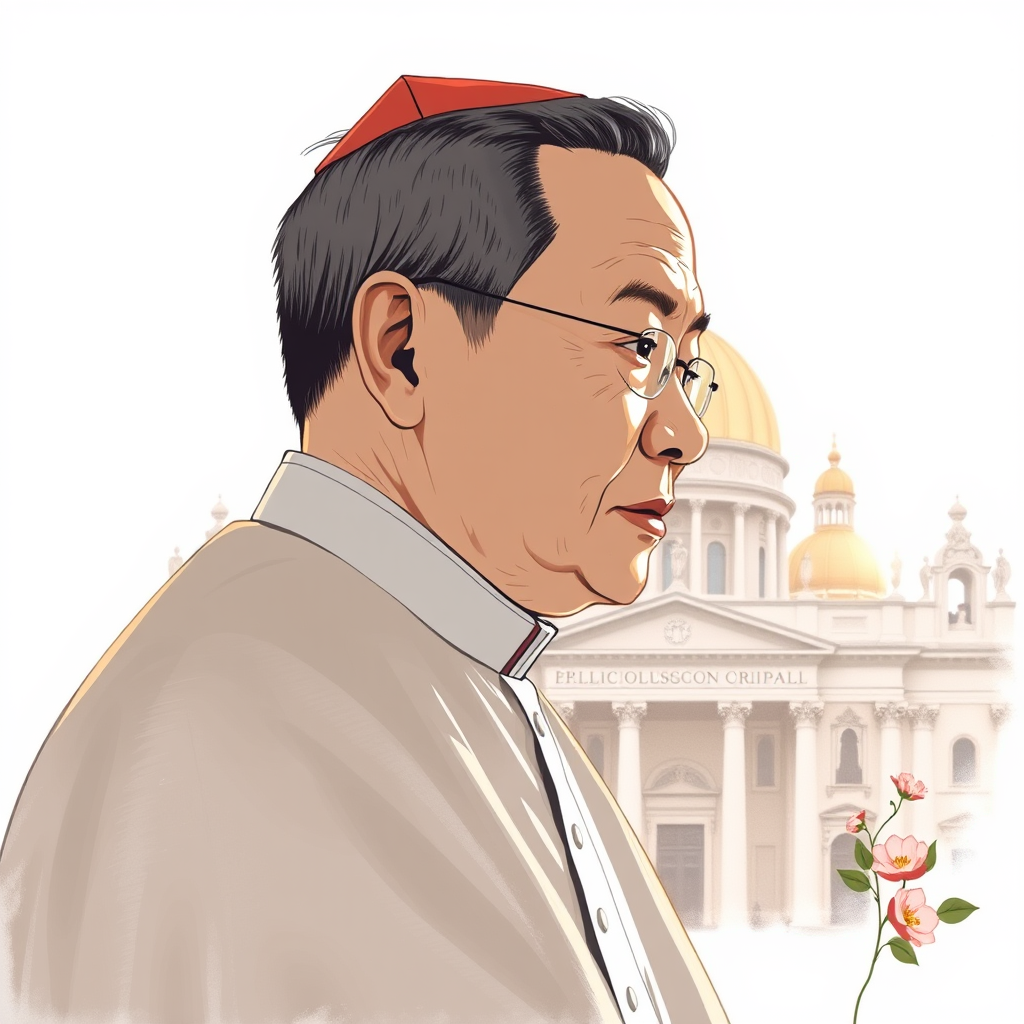Could This Cardinal Be the Next Pope?

The Catholic Church stands at a pivotal moment, poised to elect a new Pope following the recent passing of Pope Francis. As the May 7th papal conclave approaches, with 133 cardinals set to participate, Cardinal Luis Antonio Gokim Tagle of the Philippines has emerged as a prominent contender. Should he be chosen, Tagle would break centuries of precedent, becoming the first Asian Pope.
Tagle, known affectionately as “Chito,” brings a background steeped in both theological scholarship and pastoral care. Ordained in 1982 for the Archdiocese of Manila, he pursued further studies at the Catholic University of America before returning to the Philippines, eventually becoming Archbishop of Manila in 2011 and elevated to the College of Cardinals in 2012. His roles have expanded internationally, including leading Caritas Internationalis and, since 2019, serving as Prefect of the Congregation for the Evangelization of Peoples.
The Cardinal’s approachable demeanor and progressive stances have drawn comparisons to Pope Francis. He’s consistently emphasized care for the marginalized, including the poor, migrants, LGBTQ+ individuals, and divorced/remarried Catholics. Tagle himself acknowledges a family history rooted in migration, viewing it as an opportunity for growth and a testament to the human spirit. He’s also publicly advocated for a more inclusive Church, acknowledging past harsh judgments towards those previously ostracized.
However, Tagle’s candidacy isn’t without scrutiny. Concerns have been raised regarding his administrative capabilities. Some observers, like Charles Collins of Crux, suggest he hasn’t fully demonstrated effectiveness in management roles within the Vatican. Notably, Pope Francis removed Tagle and the entire leadership team of Caritas Internationalis in 2022 following allegations of workplace bullying and mistreatment of staff.
Furthermore, the Survivors Network of those Abused by Priests has called for a Vatican investigation into Tagle’s handling of abuse complaints in New Zealand. While Tagle has acknowledged the Church’s need to confront the “wounds” of sexual abuse, critics argue his response hasn’t been sufficient.
Despite these challenges, Tagle remains a compelling figure. His emphasis on compassion and inclusivity resonates with a Church increasingly focused on social justice. Whether these qualities, coupled with his theological acumen, will be enough to secure the papacy remains to be seen. The conclave will undoubtedly be a complex process, weighing not only spiritual leadership but also administrative competence and the ability to address the Church’s ongoing crises. The selection of a new Pope will shape the future of the Catholic Church for decades to come, and Cardinal Tagle is undeniably a central figure in that unfolding narrative.